- Arakan residents call for air raid warning systems amid surge in junta airstrikes
- Arakan’s Breathing Space (or) Mizoram–Arakan Trade and Business
- Death toll rises to 18 after junta airstrike on Ponnagyun village market
- Regime arrests dozens of Muslims in Sittwe over alleged Arakan Army links
- Over 200 IDPs in Ponnagyun struggle without shelter, food aid
With harsh penalties, junta enacts law targeting election obstruction
Myanmar's military regime, which is seeking to hold elections by the end of this year, on July 29 enacted an election-related law that carries prison sentences and even the death penalty for opponents of the poll who violate the law's provisions.
30 Jul 2025
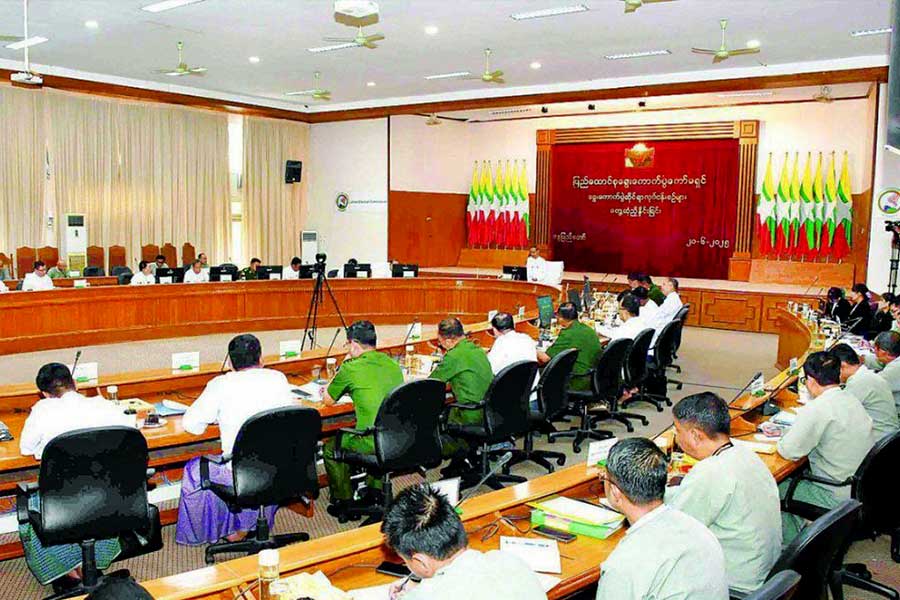
DMG Newsroom
30 July 2025, Sittwe
Myanmar's military regime, which is seeking to hold elections by the end of this year, on July 29 enacted an election-related law that carries prison sentences and even the death penalty for opponents of the poll who violate the law's provisions.
Consisting of 32 sections, the law ostensibly "aims to prevent obstruction and disruption of the work process of the multiparty democratic general elections," according to junta-run media, by prohibiting "any speech, organising, inciting, protesting or distributing leaflets to destroy a part of the electoral process."
Violations of the provisions of the Law on the Protection of Multiparty Democratic General Elections from Obstruction, Disruption, and Destruction can result in imprisonment or even the death penalty.
The law stipulates that anyone who directly or indirectly threatens, harasses, obstructs, or intentionally causes grievous bodily harm to prevent candidates from campaigning, prevent any voter from voting, or prevent polling station staff and election commission members from carrying out their duties during election campaign can be sentenced to three to 20 years in prison, depending on the infraction.
Section 27 of the law states that if any person dies in connection with election disruption, each person involved in the crime shall be sentenced to death.
The law also stipulates that anyone who destroys election-related materials such as ballot papers, equipment, polling stations, and election commission offices can be sentenced to a minimum of five years in prison and a maximum of 10 years.
"This law is intended to silence those who oppose or criticise the junta's planned election," said U Pe Than, a veteran Arakanese politician. "In other words, it is a way of covering up their mouths with a cloth and trampling them. The people are threatened with the law, saying that they will suffer for whatever the military regime does. It is clear that the military regime will use its power to intimidate the people and use it to ensure that the election is successful."
A 14-member Central Election Security Oversight Committee will be formed during the election period, with the junta's Minister of Home Affairs as chairman, the Deputy Minister of Defence as vice chairman (1), the Deputy Minister of Home Affairs as vice chairman (2), and the Chief of the Myanmar Police Force as secretary.
The enactment of the law and its draconian penalties comes as public interest in the planned poll is reportedly low, and as anti-regime forces opposed to the election are engaged in armed conflict with the Myanmar military across large swaths of the country.
The military regime has stated that due to the security situation, elections can only be held in 161 of Myanmar's 330 townships.
But a February report by Burma News International found that fewer than 100 of the 330 townships are likely to hold elections, with fighting continuing in 240.
"I see the military regime using fear to force the people to accept the election due to instability across the country," said a political observer. "No matter how much law the military regime enacts, the people will oppose the election. There is almost no possibility of holding the elections in ethnic areas. In areas controlled by the military regime, the election can be held, but it will not be successful."
Myanmar's military regime, which has lost about 100 towns to resistance forces since its 2021 coup, has undertaken an aggressive counteroffensive in recent weeks to retake some of those areas, with some success.
Military and political analysts believe that the regime's offensive actions are a bid to expand its control over territory in order to hold elections more widely.
The regime has been criticised for forcing the election in a bid to legitimise its continuing rule.
"The military has already won 25 percent of the seats in parliament because the 2008 Constitution has not yet been amended," U Pe Than noted. "The junta's planned election will be won by the military and the junta proxy Union Solidarity and Development Party (USDP). That is why they are certain to be the government. The people can feel that this election is not a completely fair election. The military is planning to hold an election to hold power."




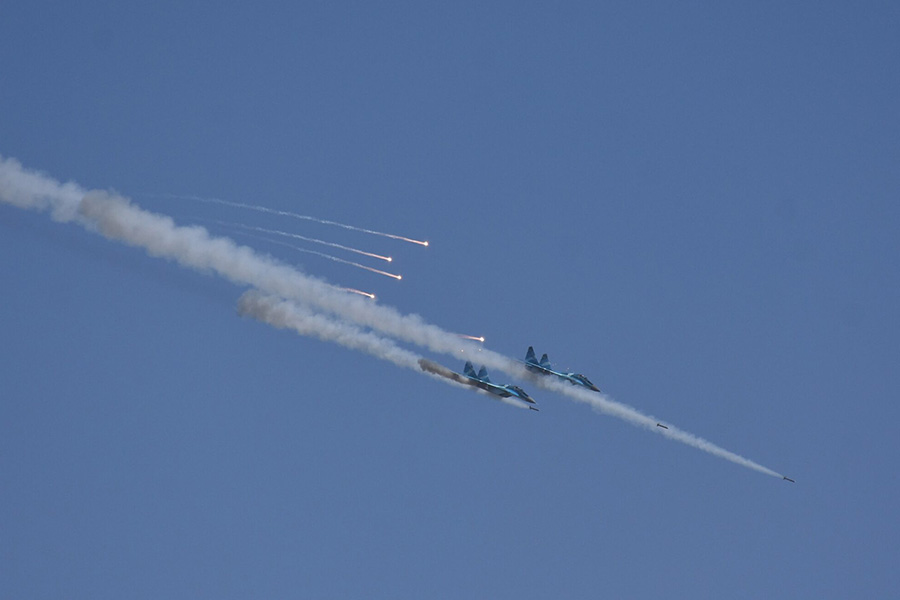
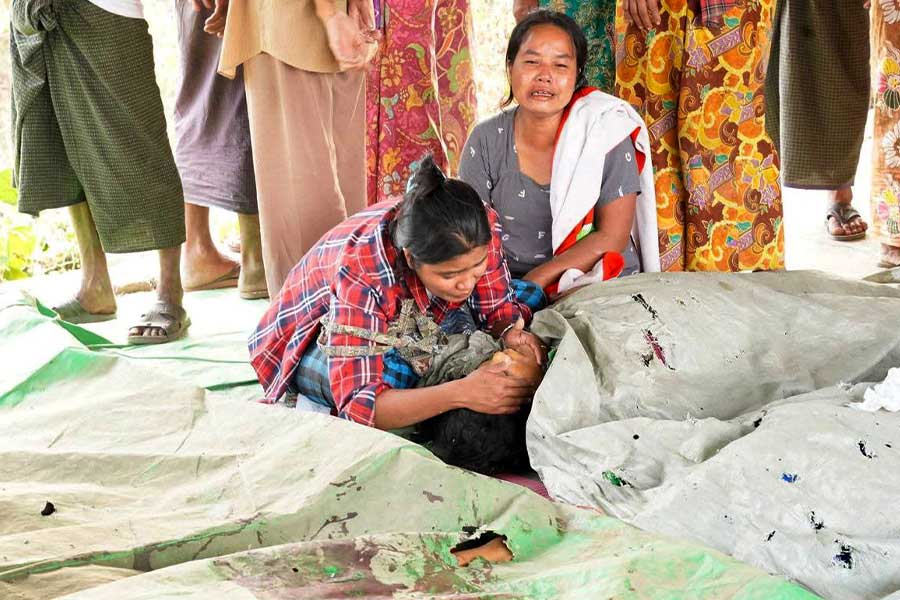
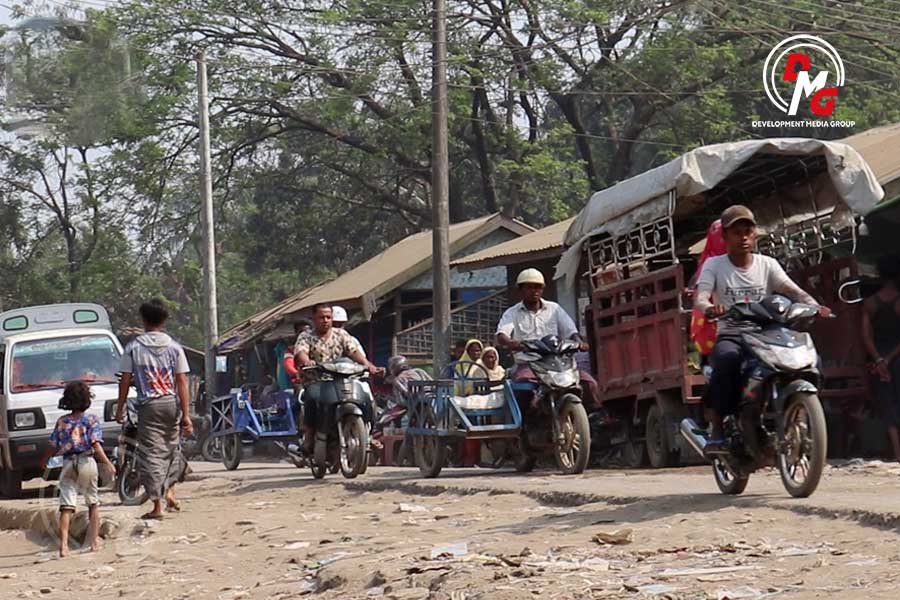
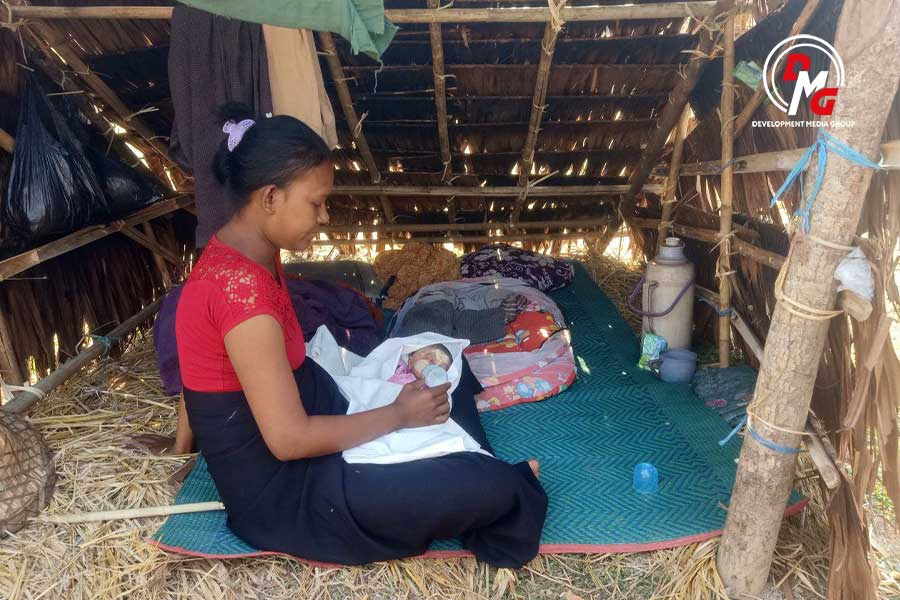
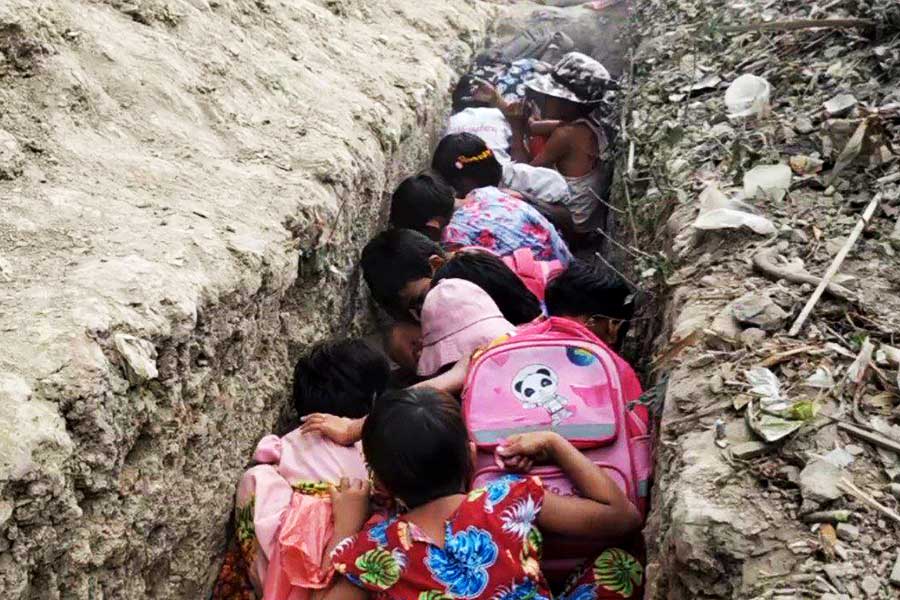








.jpg)